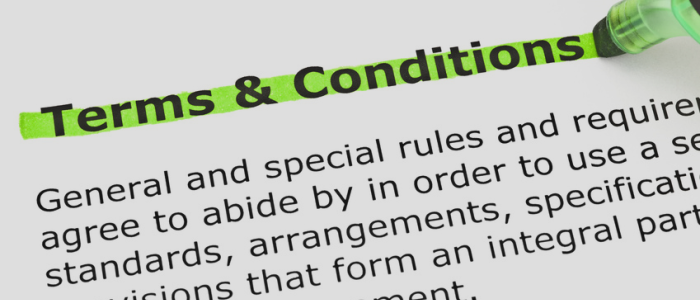In today’s world, it is important that sellers of digital products protect themselves. Therefore, if anyone sells or is thinking about selling digital content, he or she will want to protect the product.
Protection comes in two flavors:
- Digital Rights Management (DRM)
- Licensing Agreements
Last week, we talked about Digital Rights Management.
Today, we want to take on licensing…
Let’s start with the basics…
According to Webster, to license means:
- A permission to act
- A grant by a holder of a copyright or patent to another of any of the rights embodied in the copyright or patent short of an assignment of rights
In other words, licensing digital content is leasing or renting the rights to the digital product, giving the buyer a temporary right to use the product under the guidelines of the license agreement.
Bottom line, if anyone purchases digital content from the original copyright/patent owner, the buyer does not “own” it, he or she is only licensing it for use.
In a perfect world, there would only be one type of license. But, unfortunately, that is not the case. The type of license a seller will use is based on the type of digital product he or she sells.
- E-books are licensed to users based on a user limit.
- Images, pictures, and photos are licensed by the location they will be used (i.e. print or web).
- Video is licensed to users based on a time limit.
- Music is licensed to the user, usually with use to multiple devices.
Regardless of which type of license a seller provides with his or her digital content, it would be best to include the following language within the license itself:
The buyer does not “own” this digital product; they are exclusively licensing it for use.
We, Content Shelf, strongly suggest that sellers research the different licensing models for their particular digital product and draft an agreement that is distributed with each product purchase.
Even though there are different types of licensing models out there, depending on the particular digital product sold, almost all licensing agreements should include:
- Definitions
- Grant of Rights
- Restrictions
- Copyright
- Termination & Revocation
- Warranty and Limitation of Liability
As with everything else in this world, there is a cost associated with licensing.
The actual cost of creating a license agreement depends upon the amount of time a seller or the hired hand chosen by the seller (i.e. legal team) researches and puts together a licensing agreement. If choosing the legal route, we highly recommend selecting an attorney who is familiar with digital content licensing. There are tons of attorneys out there, and they all specialize in something or another.
Another cost a seller should be aware of is the price it will cost defending the license should someone violate the terms. Again, attorneys come in handy here…
Remember the bottom line from up above?
If anyone purchases digital content from the original copyright/patent owner, the buyer does not “own” it, they are solely licensing it for use.
Therefore, we highly encourage any sellers of digital content to add a Licensing Agreement to their website/blog. We also suggest creating and maintaining a general Terms of Service and Privacy Policy that best represents the owner’s interests. We will cover Terms of Service and Privacy Policies soon, so stay tuned for the updates. We’ll even include a sample Terms of Service and Privacy Statement.
But back to licensing agreements…
Content Shelf does NOT provide legal advice, but we do offer a “sample license agreement” that will point sellers in the right direction for creating their very own.
Download the Word Version Here
Remember, it’s all about protection…
Additional Reading:
http://www.copyrightlaws.com/libraries/copyright-laws-primer-licenses-versus-assignments/
http://www.theguardian.com/commentisfree/2013/apr/05/digital-media-licensed-not-owned


Pingback: Download Our Artists Licensing Agreement; Its Free!()